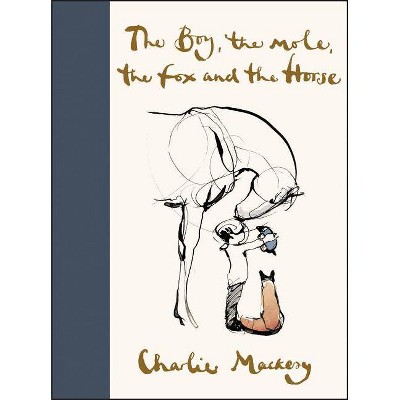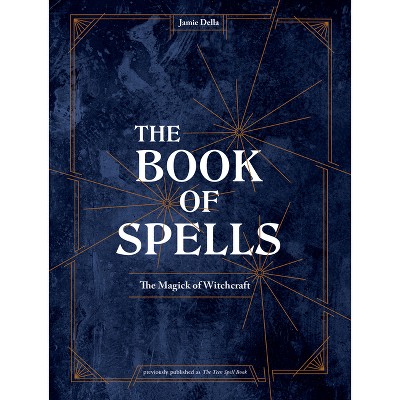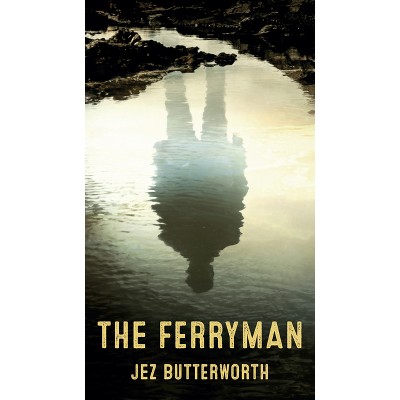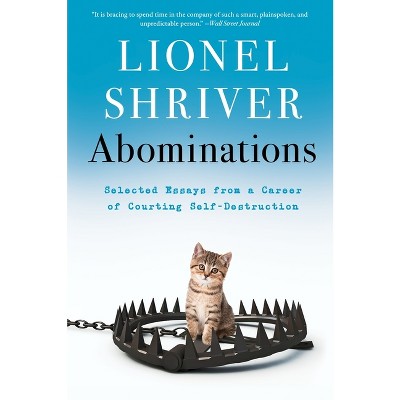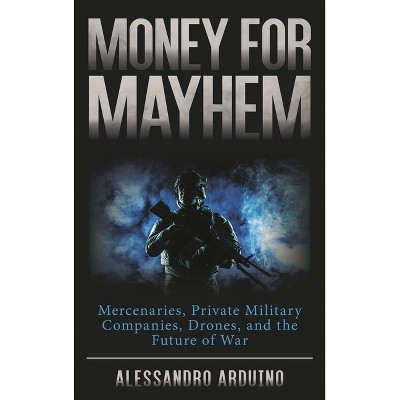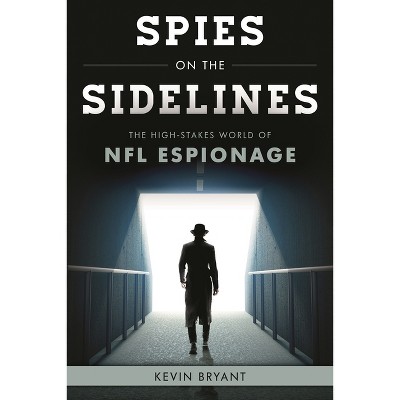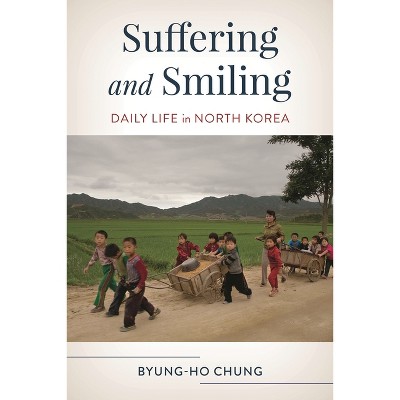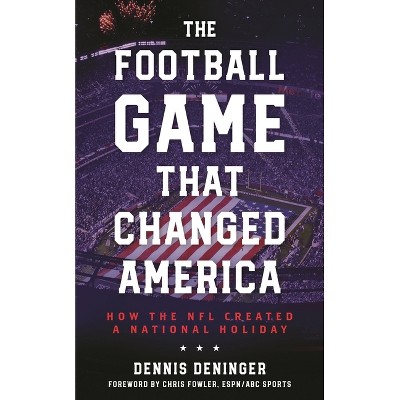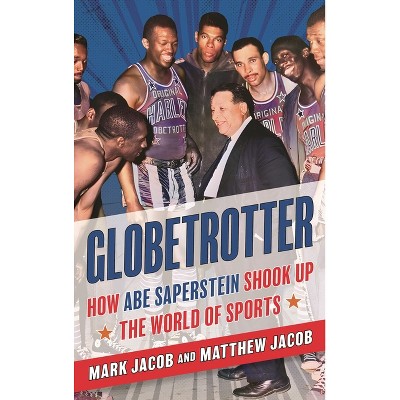Sponsored

Counterfeit Spies - by Oliver Buckton (Hardcover)
In Stock
Sponsored
About this item
Highlights
- This book explores the fascinating influence of intelligence work during World War II on spy fiction, as well as the important roles many spy novelists played during the war and the sustained influence of spy fiction on intelligence operations after World War II and during the Cold War.
- About the Author: Oliver Buckton is professor of English at Florida Atlantic University.
- 292 Pages
- Literary Criticism, European
Description
About the Book
This book explores the fascinating influence of intelligence work during World War II on spy fiction, as well as the important roles many spy novelists played during the war and the sustained influence of spy fiction on intelligence operations after World War II and during the Cold War.Book Synopsis
This book explores the fascinating influence of intelligence work during World War II on spy fiction, as well as the important roles many spy novelists played during the war and the sustained influence of spy fiction on intelligence operations after World War II and during the Cold War.
Review Quotes
In this savvy study, Buckton, an English professor at Florida Atlantic University, examines how British intelligence operations during WWII influenced postwar spy fiction. For example, Buckton describes how Ian Fleming based his third James Bond novel, Moonraker, around a reimagining of an operation he helped concoct during his tenure with British Naval Intelligence. It involved planting bogus invasion plans on a corpse and dumping it into the Mediterranean, where the phony intel could be picked up byGermans. Former MI6 agent Graham Greene's Our Man in Havana, a Bond satire following an incompetent British agent who invents a spy network so he can collect extra pay on behalf of the nonexistent agents, drew inspiration from a British double agent who pulled a similar ruse on theNazis. Elsewhere, Buckton explores how John le Carré's Tinker, Tailor, Soldier, Spy echoed the caseof Russian double agent Kim Philby. The accounts of real-life espionage schemes entertain, andBuckton reveals how Britain's shifting position in the global power structure shaped each author's work.... Readers of Fleming and le Carré will appreciate this perceptive take on their milieu.
Counterfeit Spies adds much to our growing understanding of the link between espionage and fiction. Many classic British spy novels were written by former World War II intelligence agents with experience in espionage, propaganda, and deception operations. The fascinating conclusion Buckton draws from this fact is not simply that real spycraft makes for good fiction. Rather, Buckton's meticulous archival work shows, it was a gift for fiction-writing that made these novelists successful espionage agents in the first place.
Counterfeit Spies gives the "why," not just "how," of bold spies and their immense influence on World War II and the Cold War. Buckton's insights unveil heroes and villains, whose nail-biter novels seem very real for a good reason--their authors were matchless spies.
Counterfeit Spies is a fascinating and compelling account of the blurred boundary between the fictional world of espionage and the real. It offers a fresh perspective on how the published work of so many familiar names was shaped by their secret service.
An adept coverage of the often fascinating imbrications of historical spycraft and the fictional works of Bingham, Fleming, Greene, Le Carré, MacInnes, Wheatley, et al., Counterfeit Spies solidifies Oliver Buckton's reputation as one of the foremost literary and cultural scholars of spy fiction writing today.
In Counterfeit Spies, Oliver Buckton shows that confusing fact and fiction is the first task of spies and second nature for novelists. Spy novels are procedurals. They create plausibility as much from their control of bureaucratic detail as from their probing of the human factor. Mr. Buckton, a professor of English at Florida Atlantic University and a skilled archival detective, augments the contexts of the big three (Fleming, Greene, John le Carré) with well-researched reports on the literary spooks Helen MacInnes, Dennis Wheatley and John Bingham.
Oliver Buckton's captivating new study of cold war spy fiction works brilliantly on so many levels, booksellers are going to have a devil of a time categorizing it. Combining astute World War II history with probing literary analysis, his book chronicles the startling number of ways that popular fiction influenced reality, and reality impacted fiction. Like a masterful intelligence agent deciphering a classified telex, Buckton has unlocked the coded clues and shocking secrets hidden within some of the greatest thriller novels of all time, revealing them to be infinitely more intriguing than we ever suspected. It's impossible to imagine reading Fleming, Greene and le Carré the same way again.
Oliver Buckton's understanding of the world of the post-war spy novel is without parallel. He keeps everything in view as he looks back to how the actual intelligence work that many writers did during the war itself played out in their vision of the Cold War. This is essential reading for anyone who is interested in spy fiction, in Cold War politics, in the way espionage itself has shaped our realities.
The richly detailed readings and compelling insights of Counterfeit Spies offer a new and original approach to the study of espionage fiction by analyzing critical interrelationships between the fictional and historical plotting of espionage and counter-espionage. Buckton's interpretations of well-known and neglected writers and their novels demonstrate the cultural and historical significance of espionage fiction by revealing the deceptive and labyrinthine machinations that shaped critical outcomes of both World War II and the Cold War as well as the popularity and seriousness of espionage fiction.
About the Author
Oliver Buckton is professor of English at Florida Atlantic University. He is the author of Espionage in British Fiction and Film since 1900: The Changing Enemy and The World Is Not Enough: A Biography of Ian Fleming. He lives in Delray Beach, Florida.